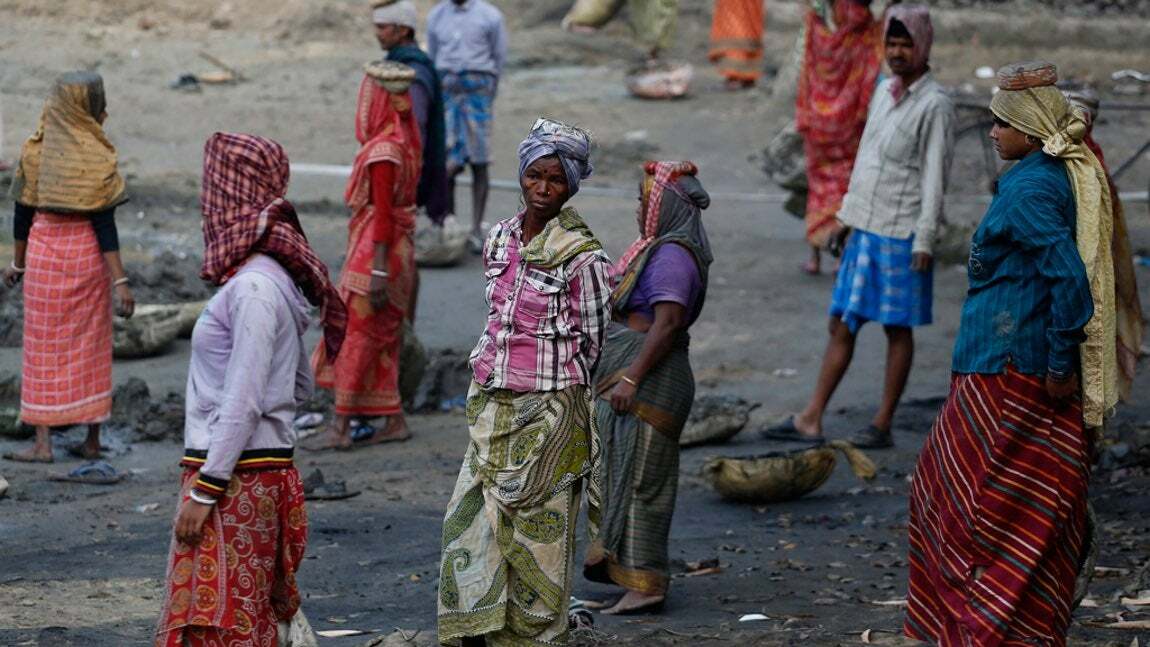A House committee points out that the NREGS budget has been cut and says the programme is the last chance for poor rural people to get help.

Parliamentary Standing Committee is worried about the reduction of Rs 29,400 crore in the budget for the rural job scheme for the financial year 2023–24. They say that the Mahatma Gandhi National Rural Guarantee Scheme (MGNREGS) is “a last resort for the jobless.”
In its report, the Standing Committee on Rural Development and Panchayati Raj said, “The Committee is concerned to note that the budget estimates for MGNREGS have been cut by Rs 29,400 crore for 2023-24 compared to the revised estimates for 2022-23.”
“The Act that runs the Mahatma Gandhi National Rural Employment Guarantee Scheme gives people from poor rural areas who want to work the “Right to Work.” “It is the last chance for the unemployed who have no other way to feed themselves and their families,” the DMK member Kanimozhi heads the committee.
The report said, “The role and importance of MGNREGA were clear during the (Covid-19) pandemic, when it gave hope to the poor during hard times. The importance of the scheme was shown by the fact that the RE stage went from Rs 61,500 crore to Rs 1,11,500 crore and from Rs 73,000 crore to Rs 99,117.53 crore, respectively, in 2020-21 and 2021-22. This was done to meet the increased demand for work during the pandemic.
“Funds for MGNREGA have gone from Rs 73,000 crore at the BE stage to Rs 89,400 crore at the RE stage, even during the current Financial Year. But for [FY] 2023–24, MGNREGA has been given Rs 60,000 crore right from the start, even though the Department of Rural Development wants Rs 98,000 crore.
In the report, though, it was said that the panel “cannot understand why funds under MGNREGA are being cut.” It said, “Since the plan needs to be carried out well, it is important that adequate budgetary allocations be made. The committee strongly feels that decreased budgetary allocations need to be looked at again.”
“It is a well-known rule that, since MGNREGA is a demand-driven programme, funds can be raised at the RE stage. But the Ministry of Finance should have asked the Department of Rural Development how it came up with the figure of Rs 98,000 crore for the MGNREGA proposal. “The Department of Rural Development would not have come up with this idea at first if it hadn’t been for the projections it got at the “agreed to labour stage,” the report said.
So, it said, the Committee “strongly” recommended that the Department of Rural Development learn “more realistically” about the high demand for jobs under MGNREGA at the ground level and use its communication and administrative skills to put pressure on the Ministry of Finance to give more money to MGNREGA.
In the report, it was said about the ministry’s latest plan to make attendance mandatory through the National Mobile Monitoring System App, “The Committee is not blind to the facts surrounding the necessity felt by the Department…
But if you expect MGNREGA workers to know how the app works and how to use it, or if you depend on a nodal person to help, it might make their problems worse.”



